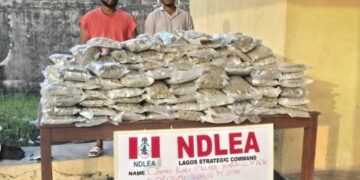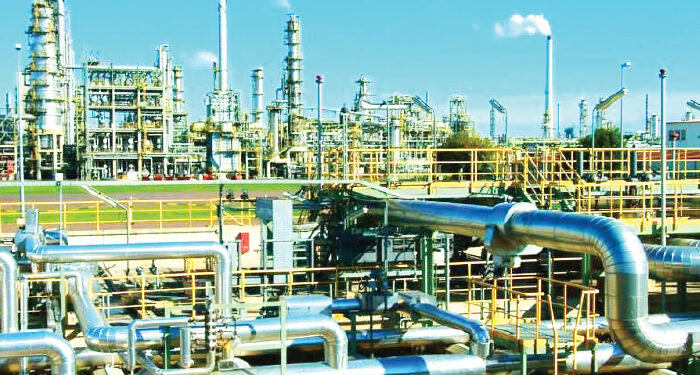Independent petroleum marketers in Nigeria are anticipating that the Dangote Petroleum Refinery will price its Premium Motor Spirit (PMS), commonly known as petrol, at N600 or N650 per litre when it enters the market.
The Independent Petroleum Marketers Association of Nigeria (IPMAN) expressed hope that the Dangote refinery would reduce petrol prices similarly to its impact on diesel prices. Hammed Fashola, the National Vice President of IPMAN, mentioned in an interview that the $20 billion refinery could lower fuel costs if it receives adequate support, particularly concerning crude oil supply.
Currently, the Nigerian National Petroleum Company Limited (NNPC), the sole importer of PMS, sells petrol to marketers at N570 per litre. However, many IPMAN members purchase petrol from private depot owners at prices above N700 per litre.
“We are marketers, we go for the best. We have been buying from the NNPC, but if the opportunity of Dangote comes and the price is favourable, we will grab it. It depends on the price,” Fashola stated.
He continued, “The official price from the NNPC is around N570/litre, but the third parties, the private depots sell PMS to most of our members at N700 and above. Plus or minus, we hope Dangote can sell between N600 and N650/litre. N600 is still okay. However, it depends on the cost of production from Dangote’s end. We have to be factual and sincere to ourselves. The NNPC we are talking about has an element of subsidy or what they now call under-recovery. I think something is hidden there.”
Fashola recalled the refinery’s impact on diesel prices, stating, “We know Dangote refinery crashed the price of diesel. When the refinery started producing, diesel was around N1,600, and it went down to N1,000. Now you can buy diesel at N1,150 or N1,200/litre. We expect the same with PMS, but this crude crisis is a major challenge. Even if Dangote is buying crude in naira, if it is at the international market price, it will make no difference. We have to be realistic.”
The IPMAN leader revealed that the association has engaged in business discussions with some officials of the refinery regarding a potential partnership and is awaiting further developments. “The discussion continues. We are on course. I think very soon we will conclude the discussion. We are waiting,” he said.
However, the 650,000 barrels per day capacity refinery faced challenges that prevented it from rolling out petrol on Monday. Ongoing crude supply issues were identified as a potential setback for the refinery’s operations.
























